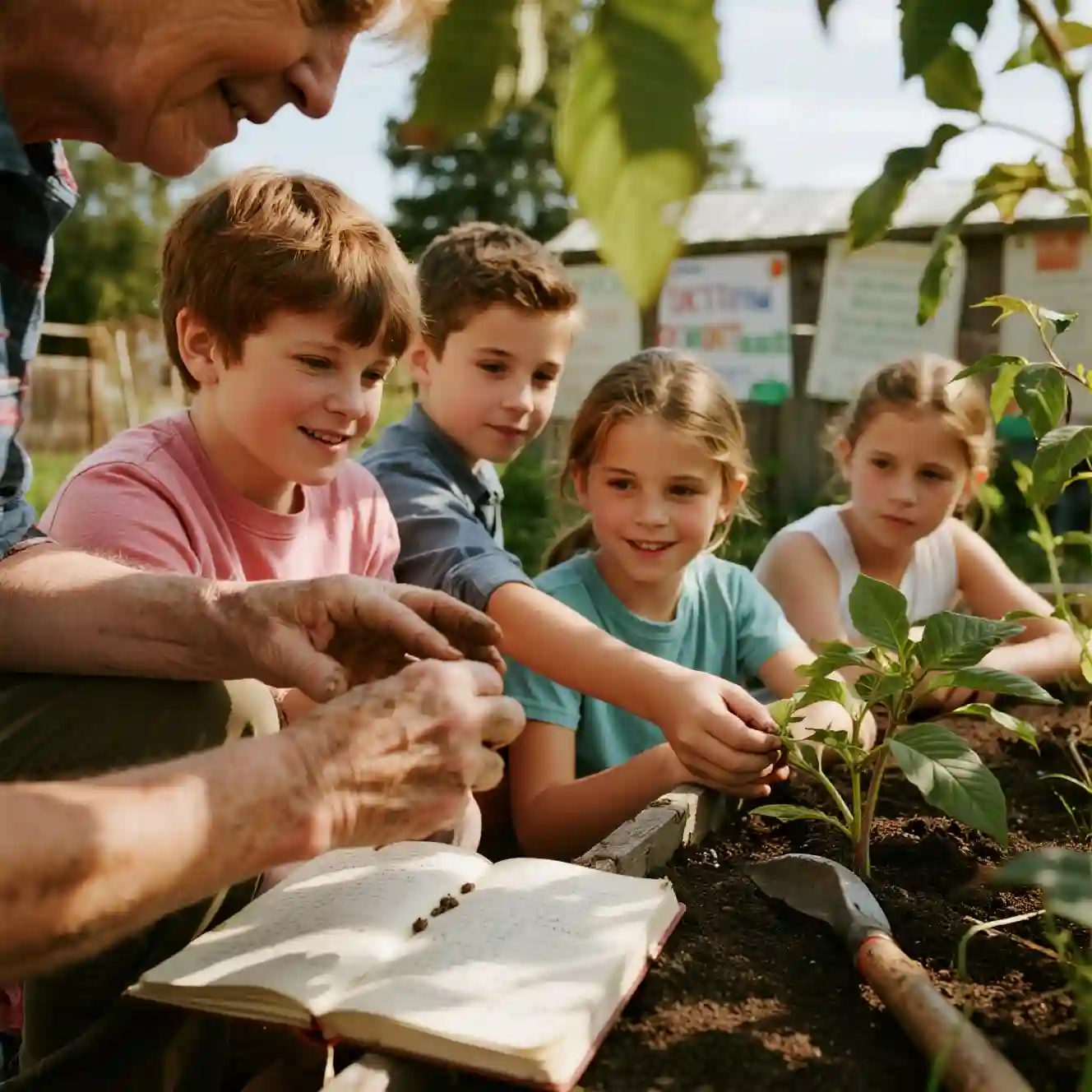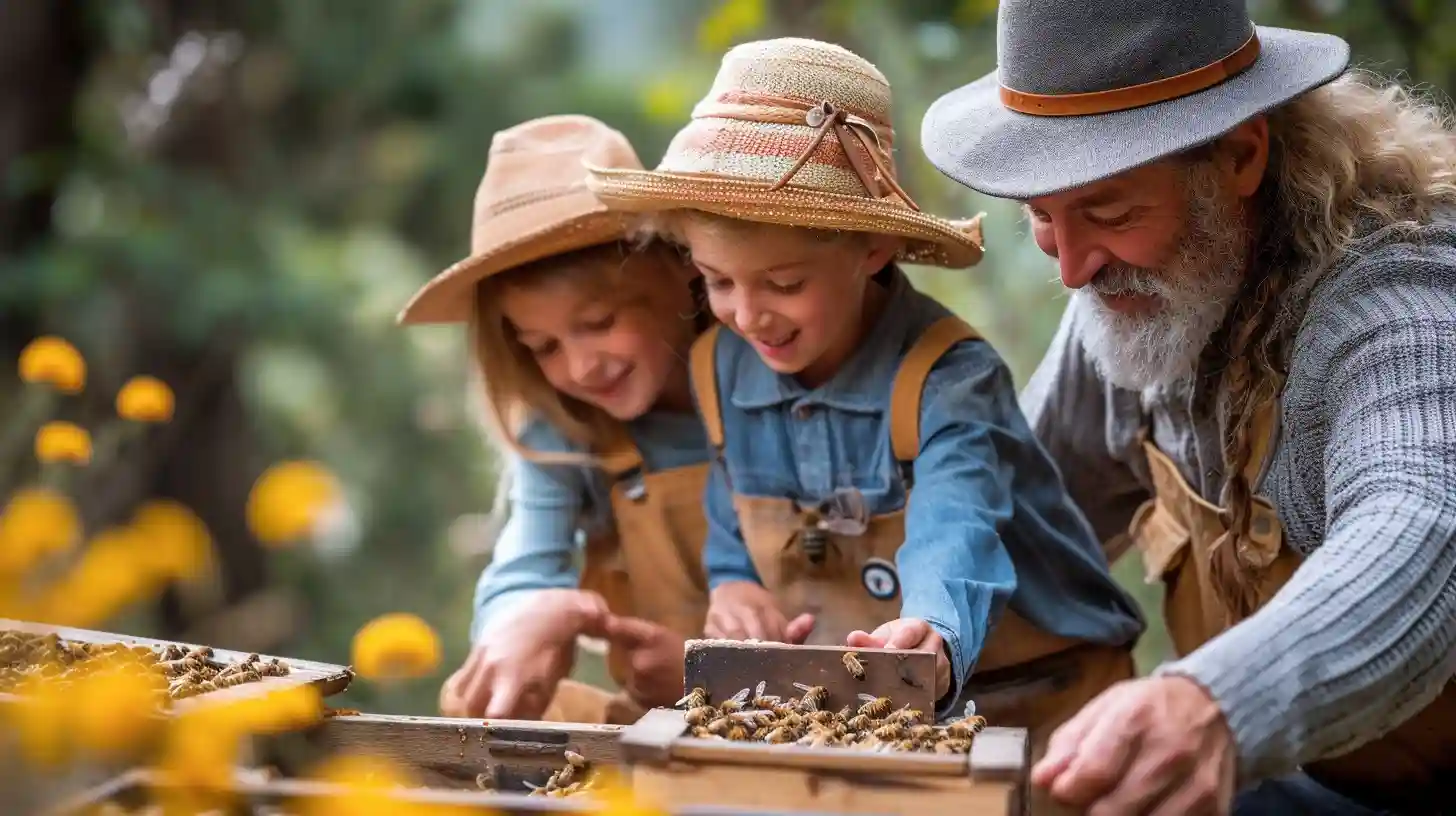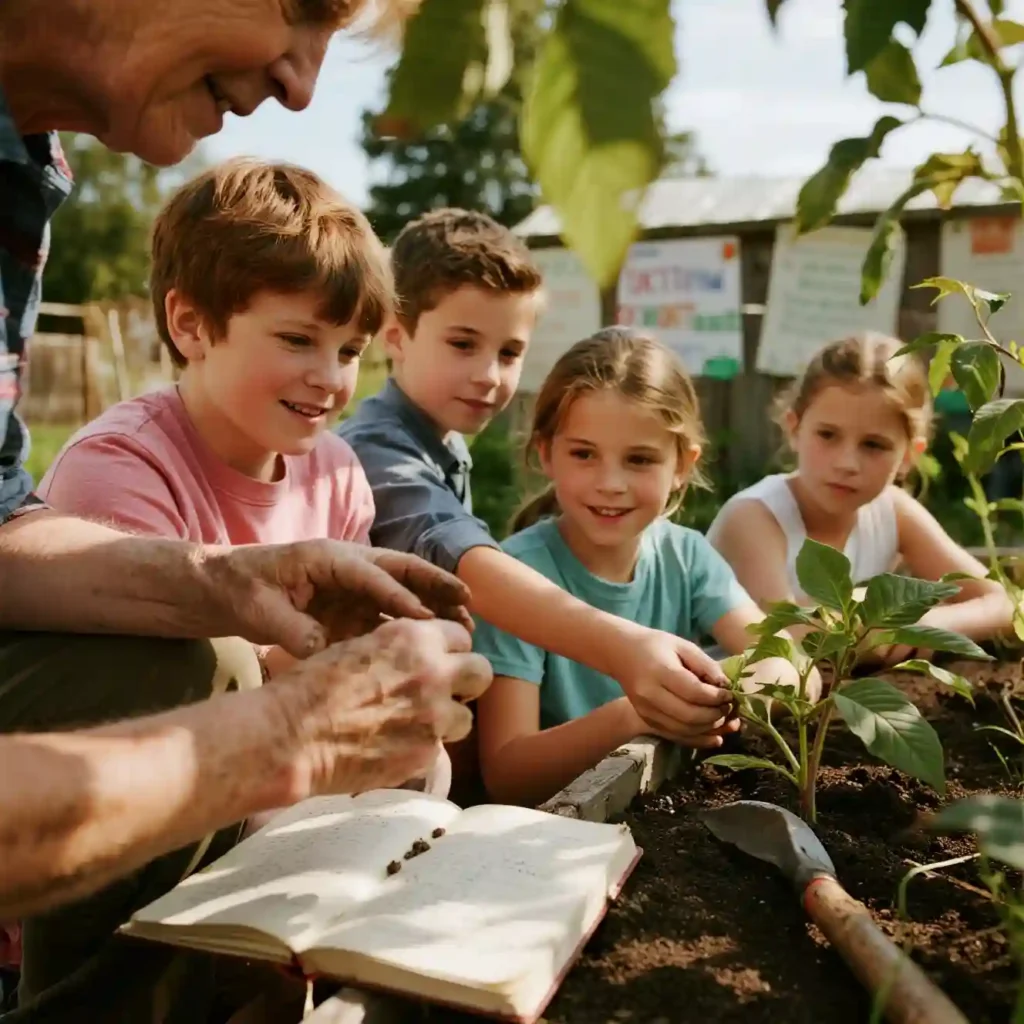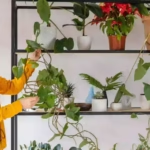When we hear kinder gardening, most people think of watering plants. But in education, it’s also about nurturing young minds—just like a gardener tends to a garden. According to Alison Gopnik, children don’t just need to be “carpenters” shaped into a fixed form—they thrive when cared for like a garden, given space to grow in their own way.
-
Kinder gardening means creating environments where children learn naturally.
-
Much like being gardener, parents and teachers allow curiosity and exploration.
-
Statistics show that 90% of a child’s brain develops before age 5, highlighting why kindergarten age is so critical.
What is Kinder Gardening in Education?
Kinder gardening is the idea that early education should focus on exploration, play, and discovery instead of rigid instruction.
-
A Kinder Garden School doesn’t just prepare kids for academics, but also life skills.
-
Children between kindergarten age (4–6 years old) develop faster when encouraged to think about their world.
-
Psychologists like Vedantam Alison discuss how stories, play, and even soundbite music influence learning.

The Hidden Brain Behind Kinder Gardening
The NPR podcast Hidden Brain often highlights how kids learn. It’s not about one formula—it’s about some ways children learn naturally:
-
Through play (blocks, puzzles, role play).
-
Through music (soundbite music improves memory and rhythm).
-
Through relationships and experience caring children get from teachers and parents.
Like going school working, it’s less about rote memorization and more about shaping a child particular kind of thinker—flexible, creative, and curious.
Shaping the “Child Particular Kind” of Adult
Alison Gopnik in her book The Gardener and the Carpenter explains:
-
A kind particular child grows into a kind adult not through rigid training but through natural growth.
-
Natural people think differently when they are nurtured with care instead of forced into molds.
-
Gardener carpenter much more describes the contrast:
-
The carpenter shapes wood into something fixed.
-
The gardener cultivates growth, adapting to what blooms.
-
Why Kinder Gardening Matters in Schooling
Parents often wonder if kinder gardening prepares kids for academics. The truth:
-
Kids who learn through play in kindergarten show higher creativity and problem-solving later in life.
-
Teachers who act as being gardener help kids think kind natural, instead of pushing them into rigid roles.
-
Education is not about hist find rinht method—it’s about giving children space to discover.
Some Ways Kinder Gardening Shapes Growth
-
Encouraging creativity instead of fixed outcomes.
-
Allowing trial and error as part of learning.
-
Building empathy and teamwork in group play.
-
Supporting individuality so every child particular strength blooms.

Frequently Asked Questions
1. What is kinder gardening in education?
Kinder gardening means nurturing children like plants in a garden—allowing them to learn through play, curiosity, and discovery.
2. What is the best kindergarten age to start school?
Most children begin kindergarten at 4–6 years old, depending on maturity and local regulations.
3. How is kinder gardening different from traditional teaching?
Traditional methods are structured like carpentry, while kinder gardening focuses on exploration and growth—like gardening.
4. What role do parents play in kinder gardening?
Parents act as being gardener, providing support, patience, and guidance rather than forcing outcomes.
5. Does music and play really help children learn?
Yes, studies show that music, storytelling, and play boost memory, language, and social development.
Final Thoughts
Kinder gardening is more than a metaphor—it’s a way of thinking about education differently. Instead of shaping children into one mold, we give them tools, care, and experiences so they grow into the kind natural people they are meant to be. Just like a gardener knows each plant has its own needs, we must nurture every child with patience, creativity, and love.
-
Think kind natural, not rigid.
-
Shape child particular strengths.
-
Be a gardener, not a carpenter.


